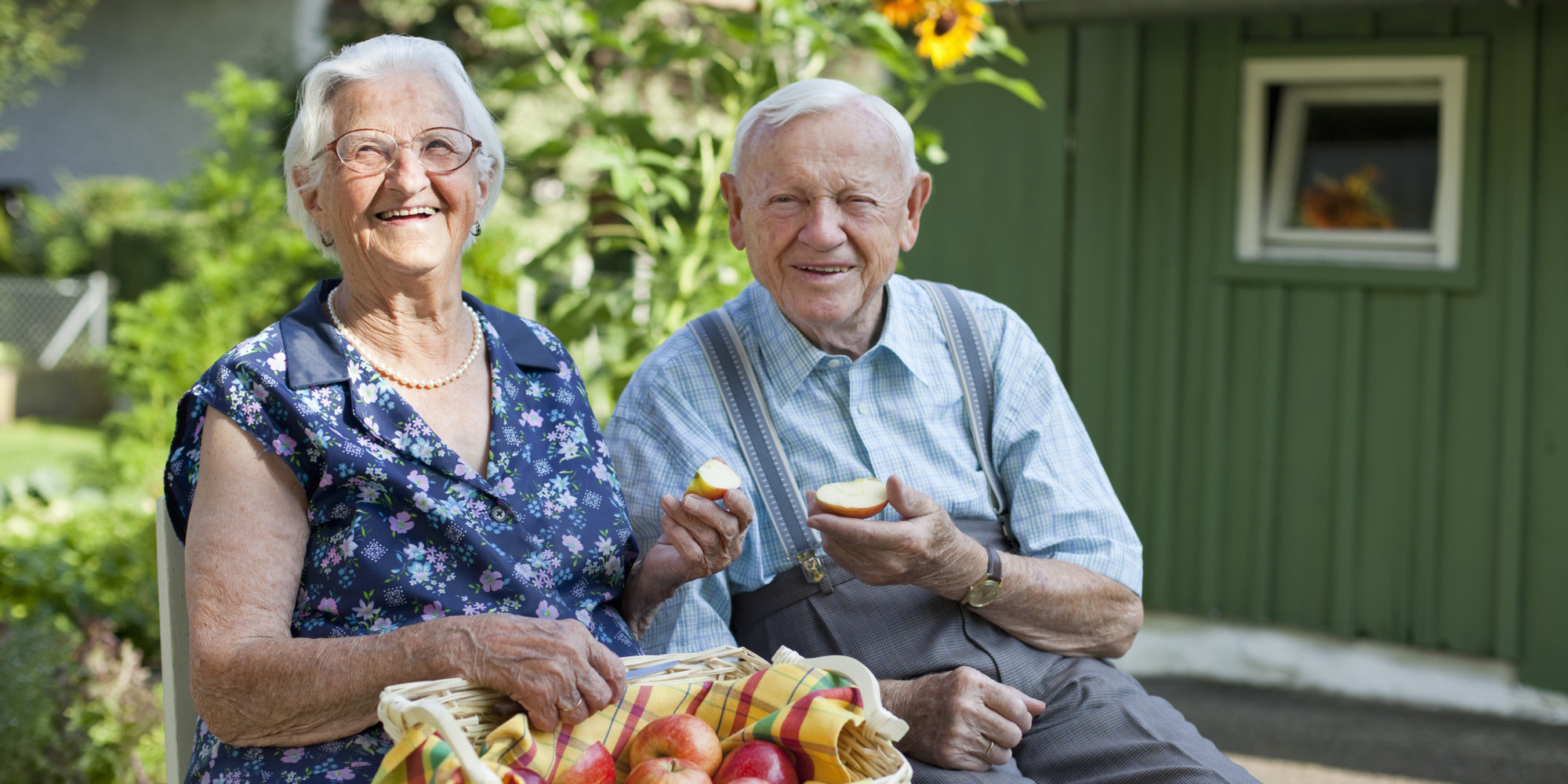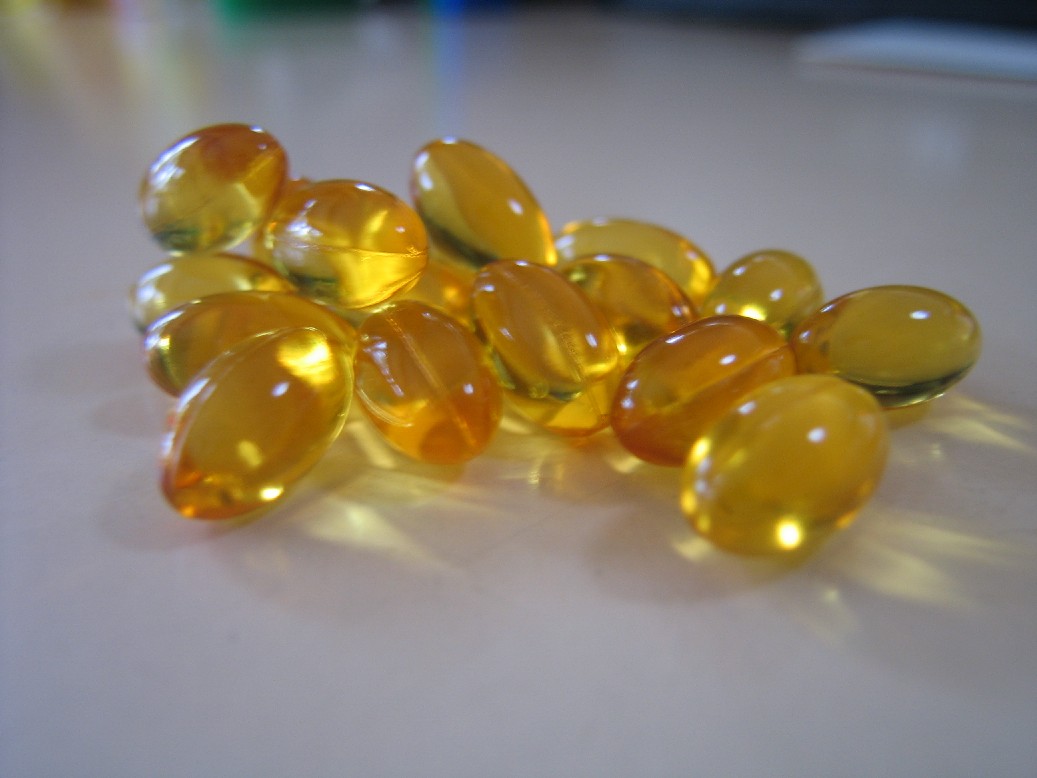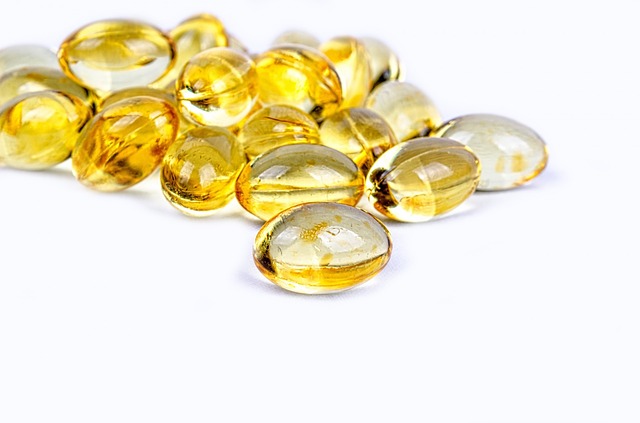
by admin | Jan 12, 2015 | Digestion
The most essential supplements for digestive health in seniors As many people age they start developing poor digestion, particularly heartburn and indigestion. A handful of key supplements can be extremely helpful for enhancing digestion in seniors. Here’s a...

by admin | Jan 11, 2015 | Immune System
When you’re stressed to the max, your adrenal glands suffer the most. Natural therapies can come to the rescue If you’ve ever been suddenly frightened, you know what an adrenaline surge feels like. This is a natural defense mechanism controlled by the adrenal...

by admin | Jan 10, 2015 | Natural Facts
Safe brain boosters for kids Brain cells are the most complex, long-living, and nutritionally demanding cells in the body. Studies show that intelligence, memory, behavior, and concentration are all influenced by proper nutrition, and this is especially important to...

by admin | Jan 9, 2015 | Prescription Drugs
Maintain a healthy cholesterol balance without potentially harmful drugs Cholesterol-lowering statin drugs such as Crestor (rosuvastatin), Lipitor (atorvastatin), Zocor (simvastatin), and Pravachol (pravastatin) are ubiquitous these days, with more and more being...

by admin | Jan 8, 2015 | Immune System
These five antiviral herbs and nutrients are safe enough to take every day—and strong enough to prevent colds and flu While there really isn’t any single magic bullet that can immediately restore immune function, there are certain nutrients that offer a powerful...








